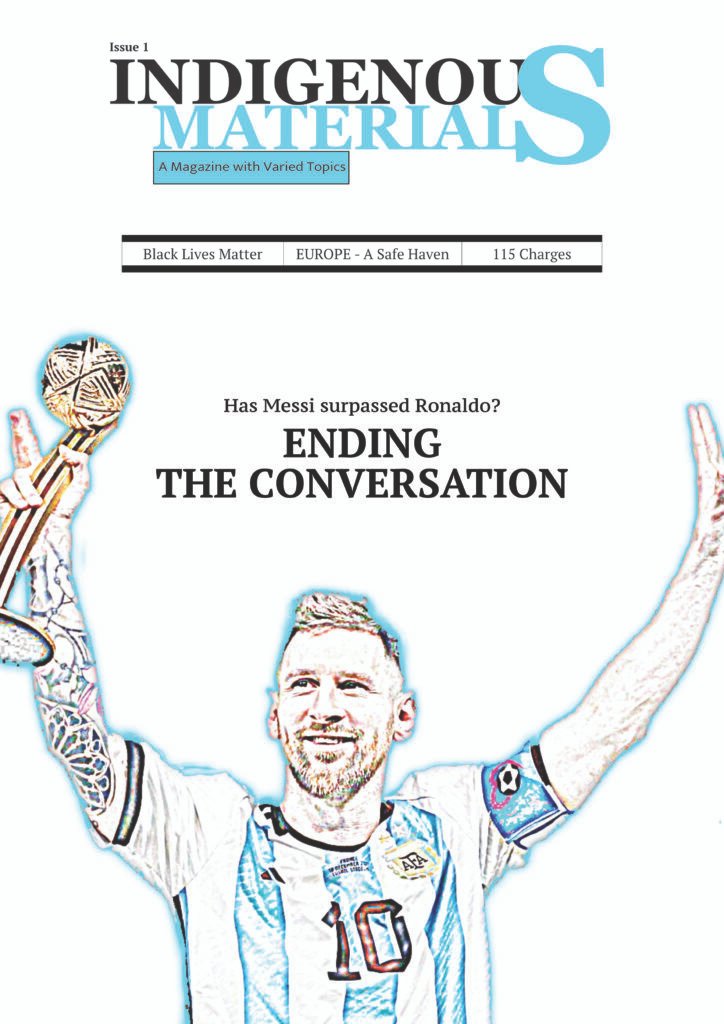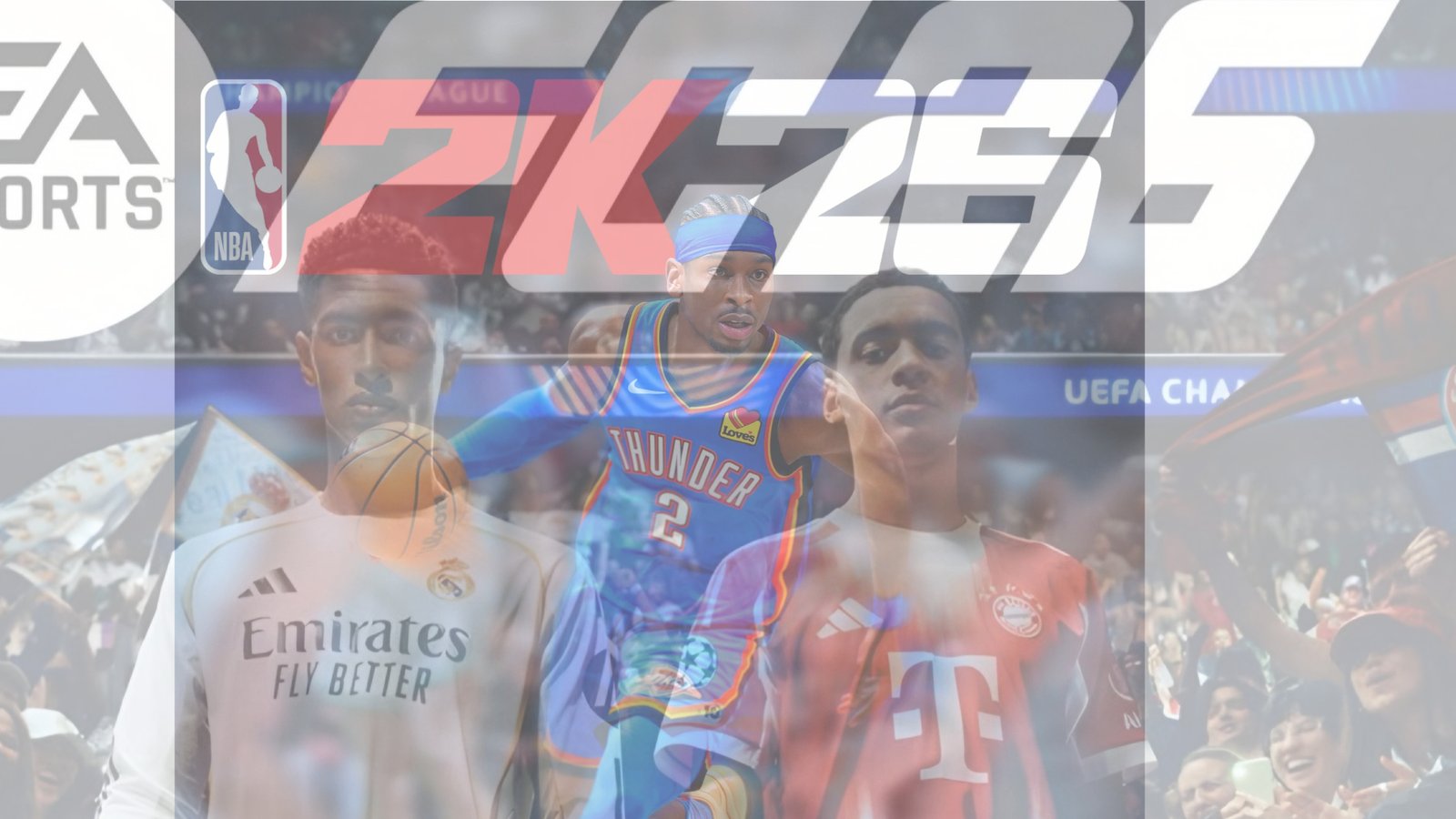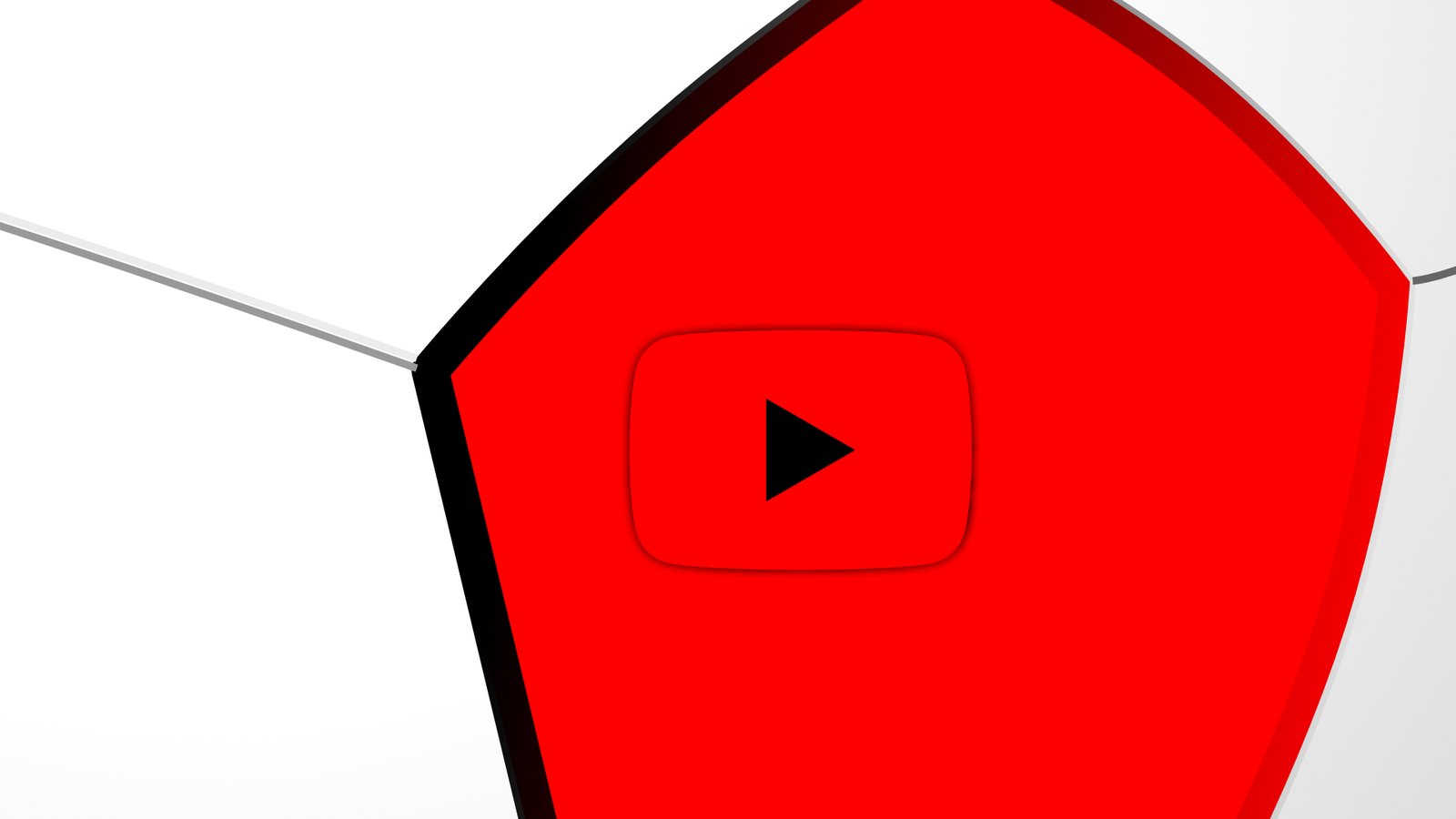Image credits – EA Sports and 2K Sports
The same game with different front covers
It’s another year, and the release of sports gaming titles is returning. The release of trailers has sent fans into a frenzy, and the short clips of FC25’s new graphics with the same gameplay have had millions of viewers since it was released. 2K25 is just another title which seems to have the same copy-and-paste effects every year, and this needs to stop.
The marketing of these titles shows that consumers will purchase any game as long as it is packaged correctly and the game has their favourite sports personality on the front cover.
Sports gaming is one of the most profitable sectors in the gaming industry, yet it is also one of the most stagnant. Every year, EA Sports and 2K Sports release new versions of their flagship titles—EA Sports FC (formerly FIFA) and NBA 2K. And every year, fans line up to buy them, only to find that aside from updated rosters, slightly improved graphics, and new menus, very little has changed. The core gameplay remains largely untouched, the same bugs often resurface, and the same frustrations persist.
This cycle has become predictable. A flashy trailer is released in the summer showing upgraded player faces, enhanced stadium details, or new crowd animations. Fans are excited at the prospect of innovation, but when the game finally lands, the gameplay feels like last year’s with a fresh coat of paint. It is no surprise that terms like “copy and paste” or “annual reskin” are frequently used by critics and fans alike.
What makes this issue frustrating is that both EA and 2K have the resources to innovate. These are billion-dollar companies with teams of developers who could truly push the boundaries of sports simulations. Imagine career modes with deeper narratives, smarter AI that actually learns from your playstyle, or online servers that don’t collapse on release day. Instead, players are often left with recycled commentary lines, recycled animations, and recycled features from games that are now nearly a decade old.
The cover athlete strategy highlights how shallow the annual releases have become. By putting global icons like Jude Bellingham, Gigleous Alexander, or Erling Haaland on the cover, these publishers guarantee sales regardless of the game’s quality. Marketing campaigns are tailored around hype and star power rather than substance. The message is clear: as long as the game looks new, and as long as fans want to collect the “latest” version, innovation is optional.
One of the clearest examples of this stagnation is in the career and franchise modes of these games. Fans have been asking for meaningful upgrades for years: better transfer systems in football, improved contract negotiations in basketball, or more immersive storytelling in player careers. Instead, year after year, these modes receive only cosmetic updates. Sometimes features that were once in older versions are even removed, only to be reintroduced years later as “new additions.”
The online gaming experience tells a similar story. In NBA 2K, the online park and MyTeam modes are heavily monetised, pushing players toward microtransactions. While EA has faced similar criticism for Ultimate Team, both companies continue to prioritise profit over player enjoyment. These practices not only frustrate loyal fans but also raise questions about whether sports gaming has become more about gambling mechanics than about the actual sports.
Yet, despite these problems, players continue to buy the games. Why? Because there are no real alternatives. EA and 2K hold exclusive licenses for most major leagues, teams, and players. This monopolistic grip means that fans have little choice if they want an authentic experience. If you want the Premier League, you need EA. If you want the NBA, you need 2K. This lack of competition stifles creativity, allowing the developers to release near-identical products without fear of losing their audience.
The way forward requires both accountability and competition. Gamers must demand more, through reviews, feedback, and even resisting the urge to buy the latest edition if it offers nothing new. At the same time, the industry needs challengers. Smaller studios could create rival products, perhaps not with the same licenses, but with better gameplay innovation. History shows that competition forces giants to improve, and sports gaming desperately needs that push.
In conclusion, EA and 2K can no longer be allowed to coast on brand loyalty and annual hype. Fans deserve more than updated rosters and shiny trailers. If these companies want to maintain their dominance, they must stop copying and pasting and start innovating. Otherwise, their reputation will continue to decline, and fans will eventually look elsewhere for the creativity and passion that sports gaming should deliver.




